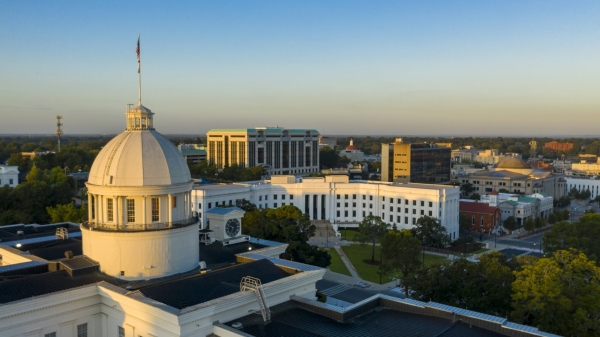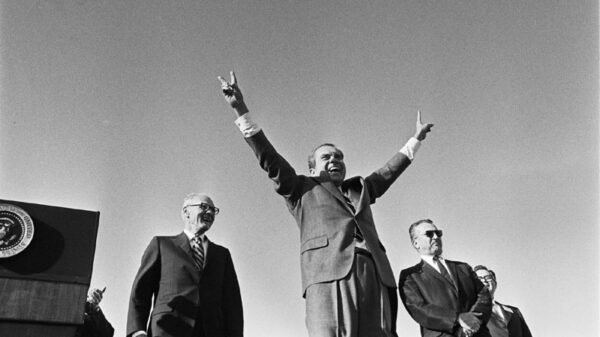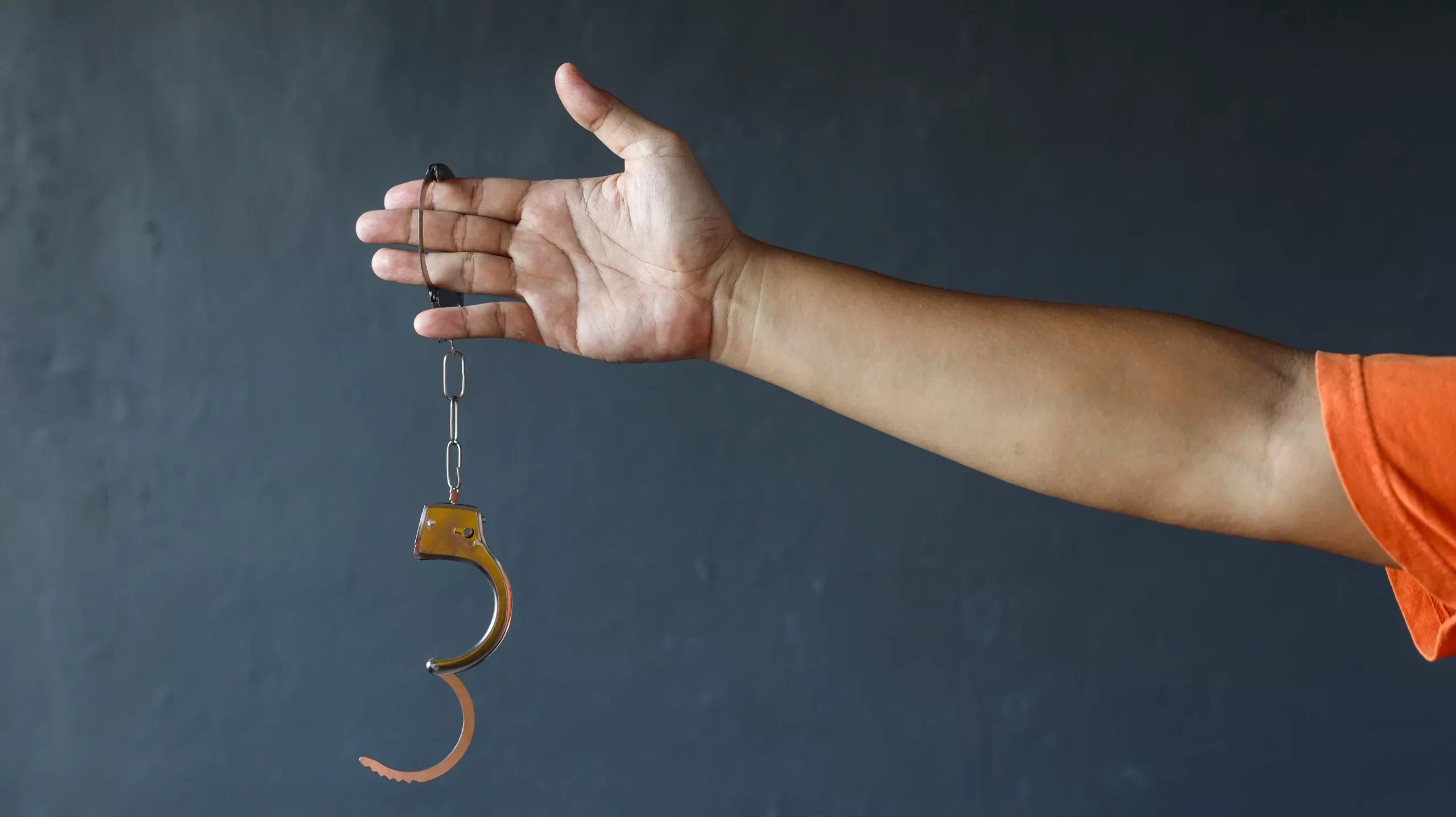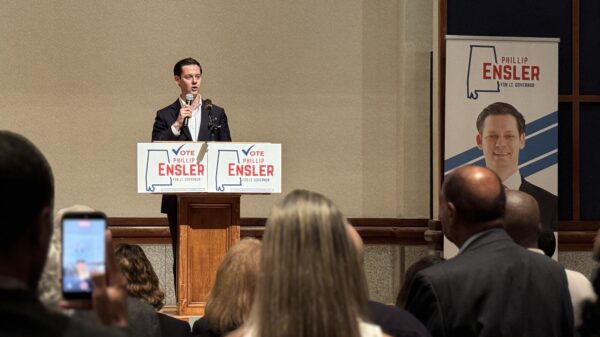Laws matter.
In a civilized society, the laws we create have to matter, particularly to those who enforce them and swear oaths to uphold them. The laws have to matter more than feelings. More than fears. More than what we really, really want.
I bring this up because there is today great angst among the people of Montgomery—and all around the state, really—over the fact that one of the arrested suspects, Javorick Whiting, allegedly involved in the mass shooting that occurred on October 4, in the Capital City, was released on $60,000 bond.
The people are angry about this. The mayor and governor and a whole bunch of lawmakers are angry about this.
They believe Whiting should be locked up until trial—whenever that might be. The governor, in a prepared statement, used Whiting’s release to advocate for people to vote for an expansion of Aniah’s Law, which allows judges to deny bond to people accused of a certain set of crimes. Attempted murder, which is what Whiting is charged with, would be one of the crimes that falls under that expanded law.
Look, I get it. People want to feel safe. They want to get bad guys off the streets. They don’t want good people being harmed by “loopholes,” as both Ivey and Montgomery Mayor Steven Reed referred to them.
But what allowed Whiting to exit jail on Monday, after posting his $60,000 bond, isn’t a loophole. It isn’t a mistake. It isn’t a flaw.
It’s the law.
And it’s the law for good reason.
Because we can’t take away the freedoms of people in this country without a proper trial. That’s not only the law, it’s the sort of rights upon which this country was founded.
The fact of the matter is that Whiting, if he is indeed guilty of attempted murder, is back out on the streets today because we have done a poor job on a number of different fronts as a society—most notably failing to properly fund and support what is now a faltering American criminal justice system.
It takes years for any case, especially a murder or attempted murder case, to work its way through the system and into an actual courtroom for a trial. Because the system is swamped. The district attorneys are swamped. The public defenders are swamped. The judges and their staffs are swamped. The entire courthouse is underwater in most counties.
That means that a person accused of a crime who is denied bond, or who can’t afford the bond, will sit in jail for years awaiting trial.
I suppose that’s just fine for the guilty. But what about the innocent?
There will be innocent people harmed by a system that jails people for years on mere accusations. Elected judges will be pressured into keeping most people arrested for these Aniah Law crimes locked up until trial.
I’m sorry, but that’s too much. I’m not willing to turn a blind eye to innocent people being stripped of their basic rights because we all want to feel safer, regardless if we’re actually safer.
The fact is, I’ll say again, Montgomery—and Alabama in general—cannot arrest and jail its way out of this gun violence problem. There are not enough jail cells in the world to hold all of the people that y’all are afraid of now.
If you want to actually address these problems we’re going to have to make better decisions. We’re going to have to start with root causes. We’re going to have to do better ensuring children are receiving a decent education and decent health care. We’re going to have to do better at funding our criminal justice system on all levels, so it not only functions efficiently but it also focuses more on corrections than simply locking people away. And we’re going to have to devote more resources to our corrections system, with a focus on actually turning convicted criminals into productive citizens.
I get that those are not sexy, bumper-sticker solutions to the current problems. They’re hard. And they’re messy. And they’re very expensive. But much like with personal health care, high prices are what you pay when you ignore and ignore and ignore smaller problems, allowing them to grow into catastrophic, very expensive problems.
No matter what, though, those solutions are miles better than locking up for years a person who, in this country, is innocent until proven guilty.



















































